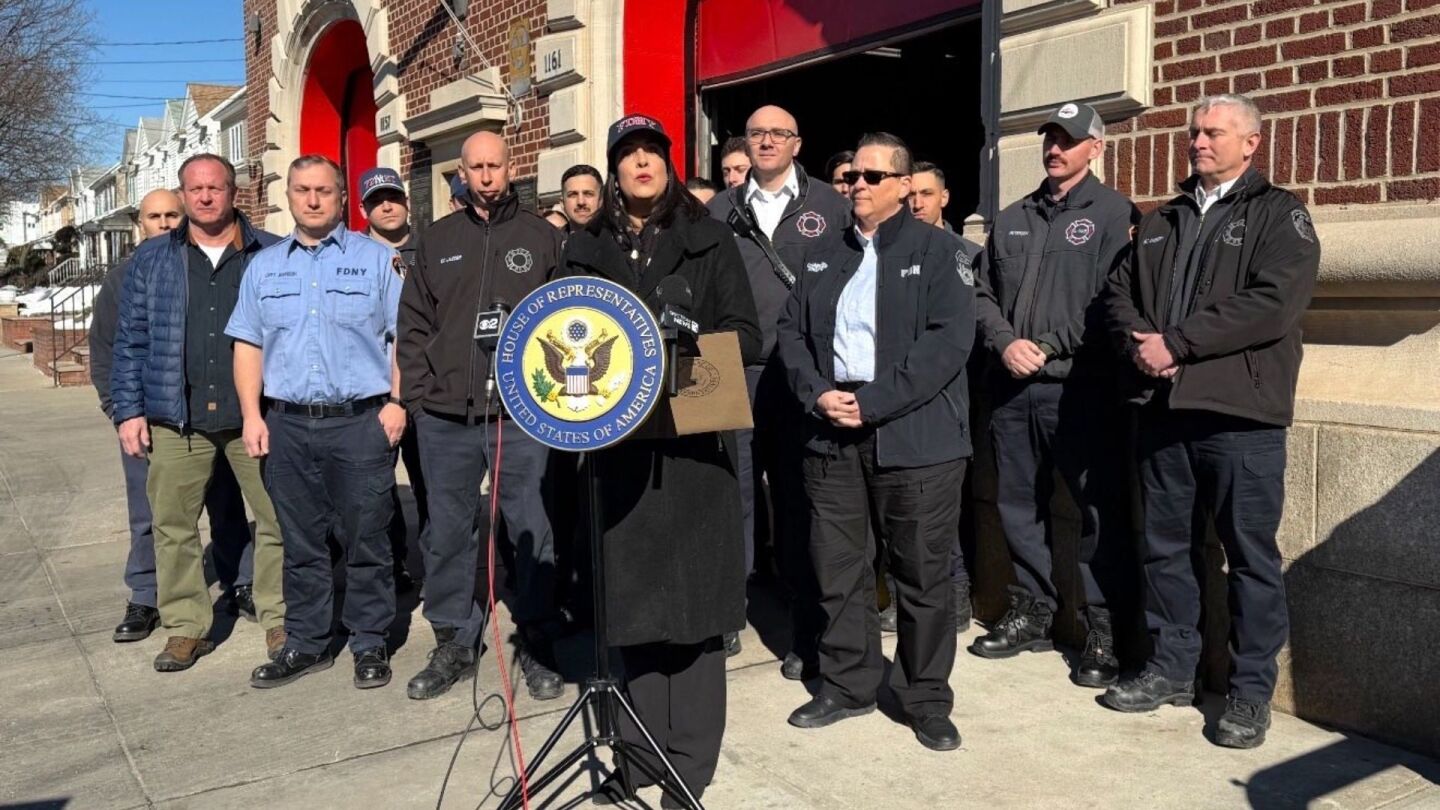Legislation and Funding
Legislation and funding issues always affect EMS budgets and operations. Use this topic to find out how the latest economic news is affecting EMS.
EMS leaders open summit with call for unity and coordinated action
This Inside EMS and EMS One-Stop crossover episode tackles the future of EMS and how agencies should be adapting
What the Full Medicare Ambulance Cost Report says about the EMS economic model
The endowment will help cover costs so families of fallen EMS professionals can take part in the National EMS Memorial Service during the Weekend of Honor
Senate File 4 would raise ground ambulance reimbursement of the Medicare rate, directing $2.6 million in state and federal funding to help stabilize rural EMS
A GOP-backed bill would expand the Illinois Line of Duty Compensation Act to cover EMTs, paramedics, dispatchers and other licensed EMS professionals
The proposed Halo Act would criminalize interfering with Kentucky firefighters, EMTs and law enforcement within 25 feet after a warning
The 2% urban, 3% rural and 22.6% super-rural add-ons are extended through 2027, the American Ambulance Association says
Carroll County Department of Fire & EMS has administered blood transfusions in the field 17 times, saving 14 lives and securing five years of funding through a new federal grant
Rep. Nicole Malliotakis said the federal funding will support a new Staten Island EMS classroom site, upgrades at Squad 8 and other FDNY firehouses
Center County plans to replace 1,031 portable radios and 331 mobile radios, citing aging equipment, rural dead zones and rising replacement costs
FEMA says it can continue emergency response early in a shutdown, but prolonged funding gaps could disrupt planning with state and local partners
The funding will help Meadville expand paramedic training, add telehealth tools and reduce unnecessary ambulance transports to the ER
Homeland Security officials warned Congress that a funding lapse could delay disaster relief reimbursements, disrupt cybersecurity response and training
Longview firefighter-paramedics could soon use new data analytics software to guide overdose responses and alternative transport decisions, as outlined in a City Council meeting video discu
Baystate Health President and CEO Peter D. Banko says new federal policy changes could drive more uninsured patients into emergency rooms, increasing pressure on EMS
A proposal to add civilian ambulance drivers to Lockport’s fire-based EMS system ignited a public dispute over overtime, staffing models and accountability
If approved, the referendum would increase a $140,630 home’s annual Sublette fire district tax from $68.09 to $182.95 and a $225,450 home’s bill from $142.62 to $383.23
Jaffrey-Rindge Memorial Ambulance had threatened to stop responding in Rindge if it didn’t receive $27,000 it said it was owed and secure a 2026 cost agreement
A Rescue Squad Assistance Fund award from the Virginia Office of EMS will cover half the cost of a Waynesboro ambulance
An international comparison found U.S. ambulance call-out fees top seven developed nations and vary sharply by state, with Illinois among the most expensive for ALS responses
State officials warn winter hikers that reckless or unprepared behavior in the White Mountains can lead to search-and-rescue bills topping $5,000
Pittsburgh Mayor Corey O’Connor said UPMC will donate $10 million to help the city buy nine new ambulances and a rescue truck, a move sparked by a winter-storm breakdown
FEMA’s Disaster Relief Fund should cover near-term storm response even if a partial government shutdown begins at midnight on Jan. 30
The new statute bars employers from disciplining first responders who seek treatment and requires reinstatement once they are cleared to return to duty
Testifying before lawmakers, police and firefighters said protecting peer counseling conversations would encourage participation and help address burnout, substance abuse and suicide risks
The 23-month extension would keep the temporary reimbursement boosts in place through December 2027
Lorain County commissioners approved a proclamation honoring 911 telecommunicators, urging broader recognition, mental health support and legal protections under Ohio law
St. Joseph City Council approved a new IAFF Local 77 contract with phased pay raises, longevity boosts and EMT pay changes































